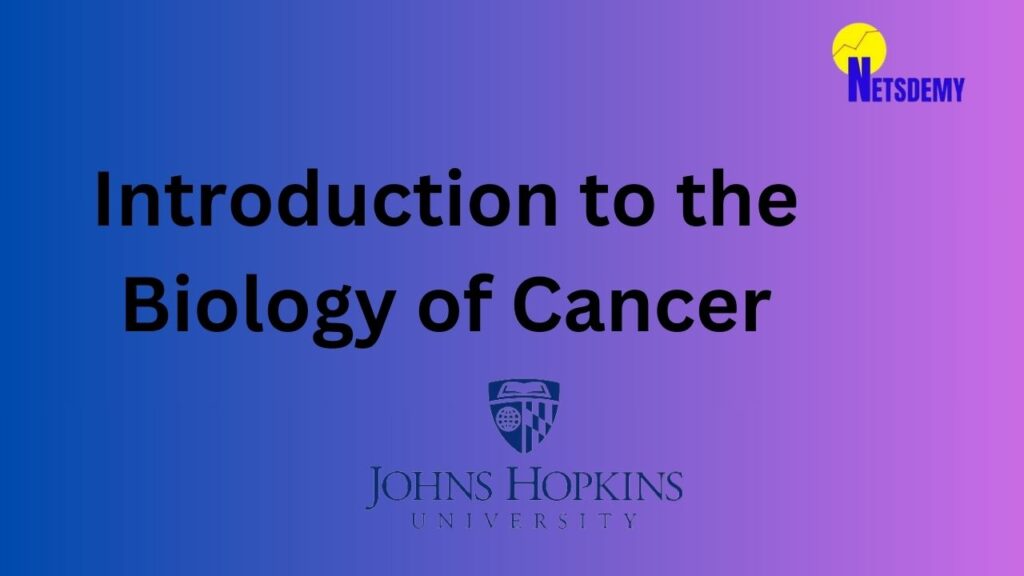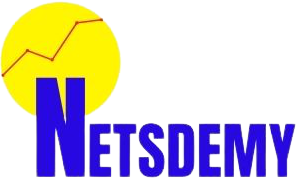
Introduction to the Biology of Cancer
Welcome to “Introduction to the Biology of Cancer.” This course is part of a bigger program called the Cancer Biology Specialization. When you sign up for this course, you’re also signing up for the entire program. You’ll learn new things from experts about cancer biology. And at the end, you’ll get a certificate you can share to show what you’ve learned.
Welcome to “Introduction to the Biology of Cancer.” Did you know that every year, more than half a million people in the United States and over 8 million people worldwide pass away because of cancer? That’s a lot of people! As we live longer, cancer is becoming more common. By the year 2030, experts predict that over 20 million people will get cancer each year.
This course is for anyone who wants to understand cancer biology better – how it starts, how doctors find it, and how they treat it. We’ll talk about the tiny bits in our bodies called genes and how they can make us more likely to get cancer. We’ll also learn about what makes cancer cells different from normal cells.
By completing this course, you’ll be able to:
- Identify the main types of cancer worldwide.
- Understand how genes play a role in cancer risk and growth.
- Describe the unique characteristics of cancer cells.
- Define Breast Cancer and recognize its stages.
- Explain the role of imaging in cancer screening, diagnosis, staging, and treatment.
- Discuss the different approaches to treating cancer.
This course aims to provide you with a fundamental understanding of cancer biology and its treatment. Please note that it’s designed to educate about cancer’s development and management, not to provide medical advice for treating specific cases.
FAQs
In this course, you will learn such as oncogenes, tumor suppressor genes, cancer risk factors, staging, imaging in cancer diagnosis, and cancer treatment methods.
The course is designed to be accessible to both beginners and individuals with some background in biology. It covers foundational concepts.
There are no specific prerequisites for enrolling in the course. However, a basic understanding of biology concepts would be helpful.
Yes, upon successful completion of the course, you will receive a certificate that you can share to demonstrate your understanding of cancer biology.
Absolutely! The course covers how cancer is diagnosed, staged, and treated, providing insights into real-life applications in clinical settings and research environments.
